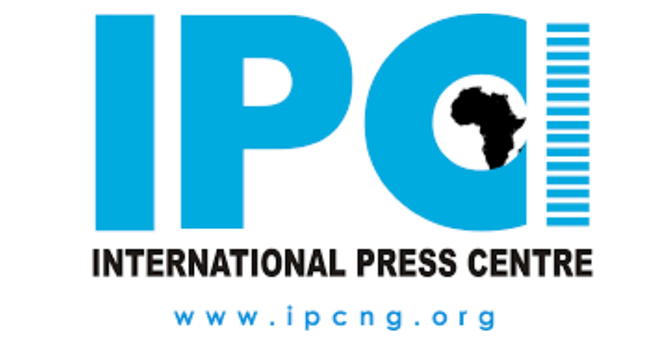The United Nations Children’s Fund (UNICEF), in collaboration with the Federal Ministry of Information, has organized a two-day regional workshop in Kano to equip journalists with the skills and ethical principles necessary for reporting stories involving children.
The workshop, which began on Monday, brought together participants from Kano, Katsina, Kaduna, Sokoto, Zamfara, Jigawa, Kebbi, Nasarawa, Niger, and the Federal Capital Territory (FCT), Abuja.
In his keynote address, the Head of UNICEF’s Kano Field Office, Rahama Muhammad, described ethical reporting on children as “a vital service to democracy and to the community,” emphasizing that journalists must prioritize the best interests of children over sensationalism.
“Ethical journalism builds trust, protects the vulnerable, and strengthens social cohesion,” Muhammad said.
“A sensational headline about a child might sell newspapers, but an ethical story protects the child’s right to a future free from shame and harm.”
READ ALSO: Two Media Houses, 65 Nigerian Journalists Attacked In Nine Months, Says IPC
He cautioned against publishing names, photographs, or any identifying information of children affected by violence, conflict, or abuse, warning that such actions can re-traumatize victims, stigmatize families, and cause long-term harm.
He also urged journalists to support ongoing efforts to enforce laws protecting children’s rights, warning that individuals who share harmful content about children online may face prosecution.
Similarly, Toye Falayi, Head of the Child Rights International Bureau (CRIB) at the Federal Ministry of Information, encouraged participants to balance compelling storytelling with the highest standards of journalistic integrity.
“As journalists, you have a critical role in safeguarding children’s rights and influencing decisions affecting them,” Falayi said.
“This training is an opportunity to deepen understanding of child protection laws, ethical principles, and the specific vulnerabilities of children in Nigeria.”
He acknowledged the contributions of media professionals and child rights advocates across the country and noted that while progress has been made in spotlighting child-related issues, much more needs to be done to ensure Nigerian children grow up in a safe and dignified environment.
The two-day workshop continues through Tuesday, with sessions covering practical case studies, legal frameworks, and professional standards for ethical child reporting in Nigeria’s complex security and cultural landscape.





